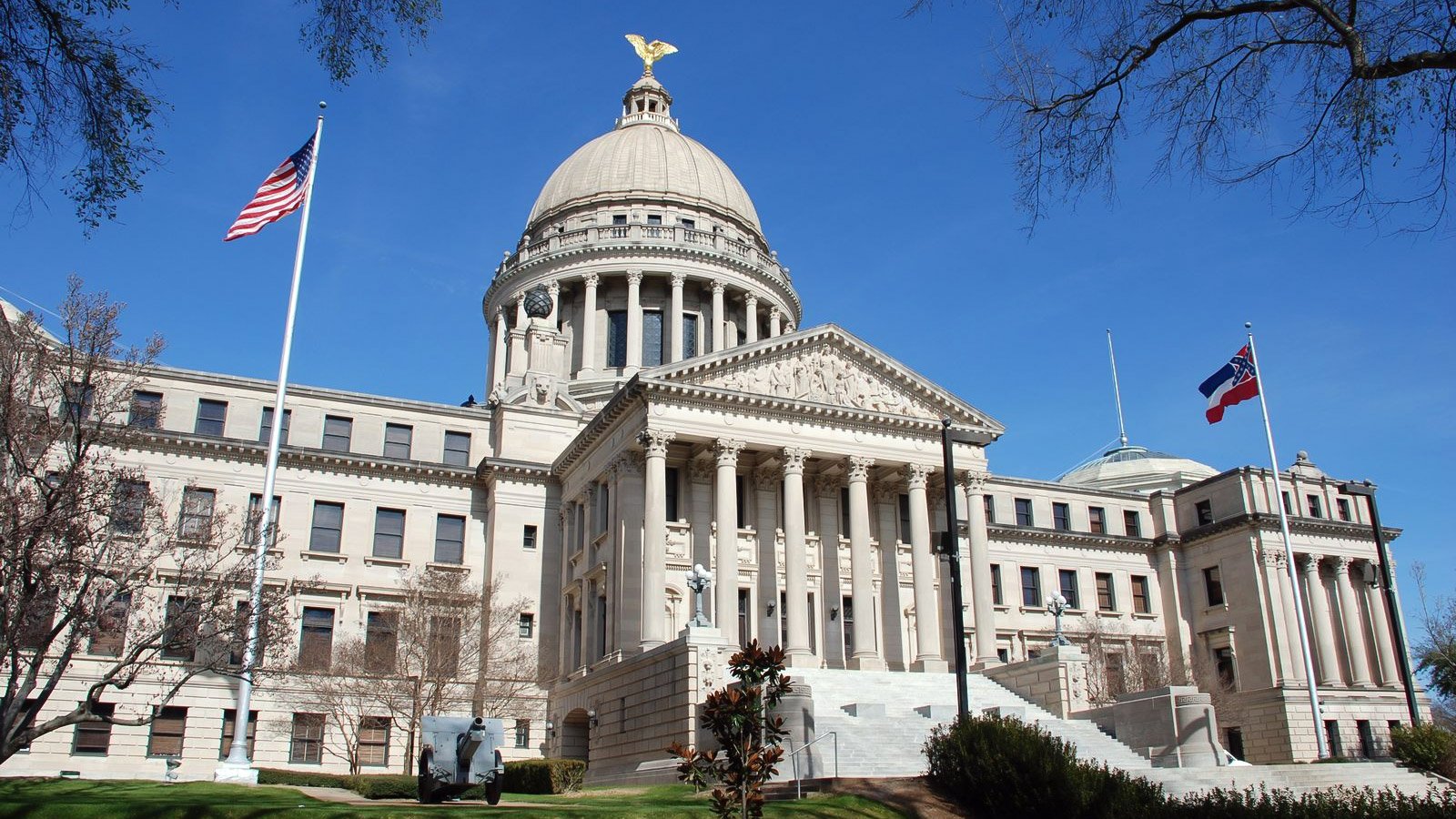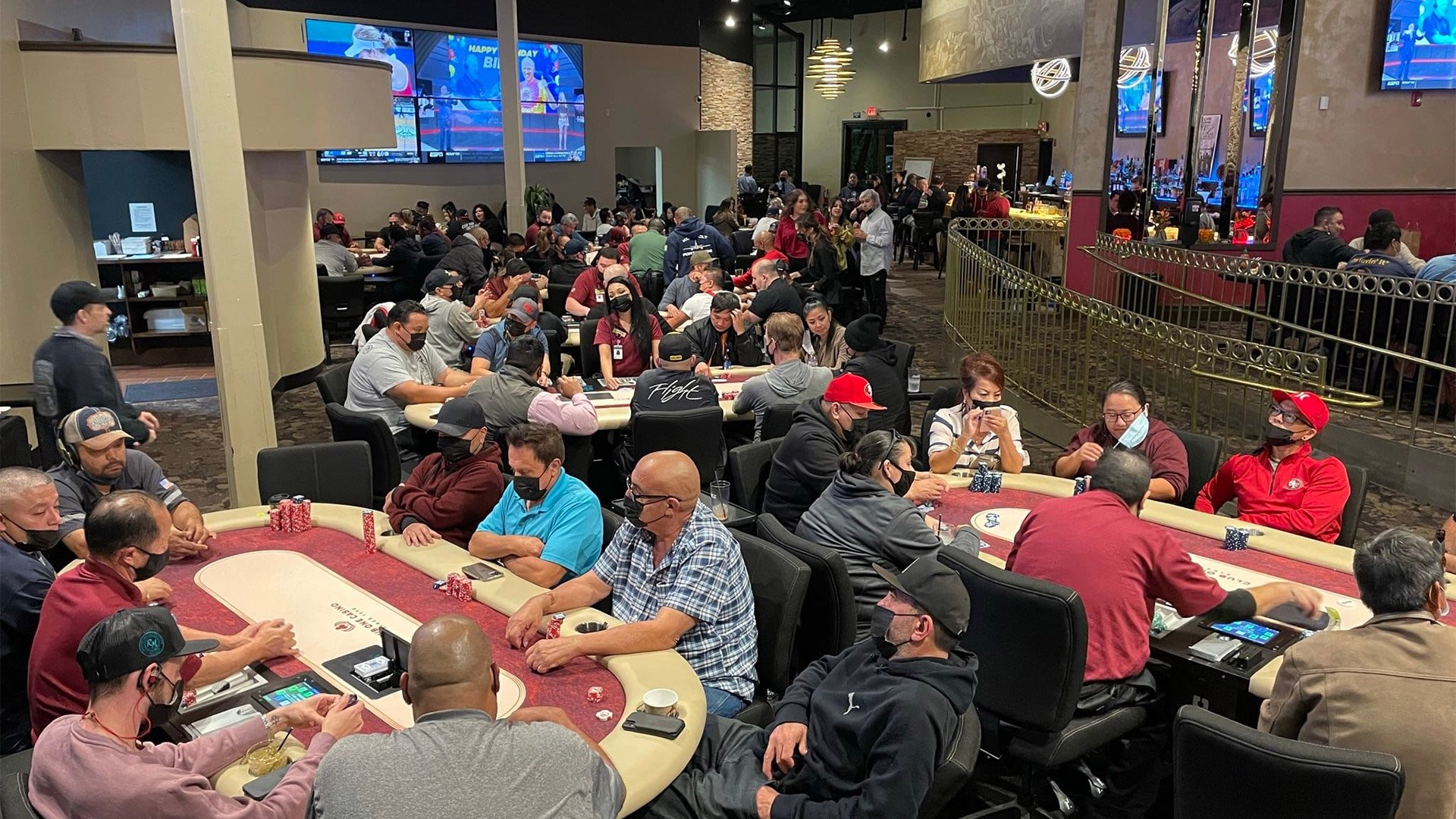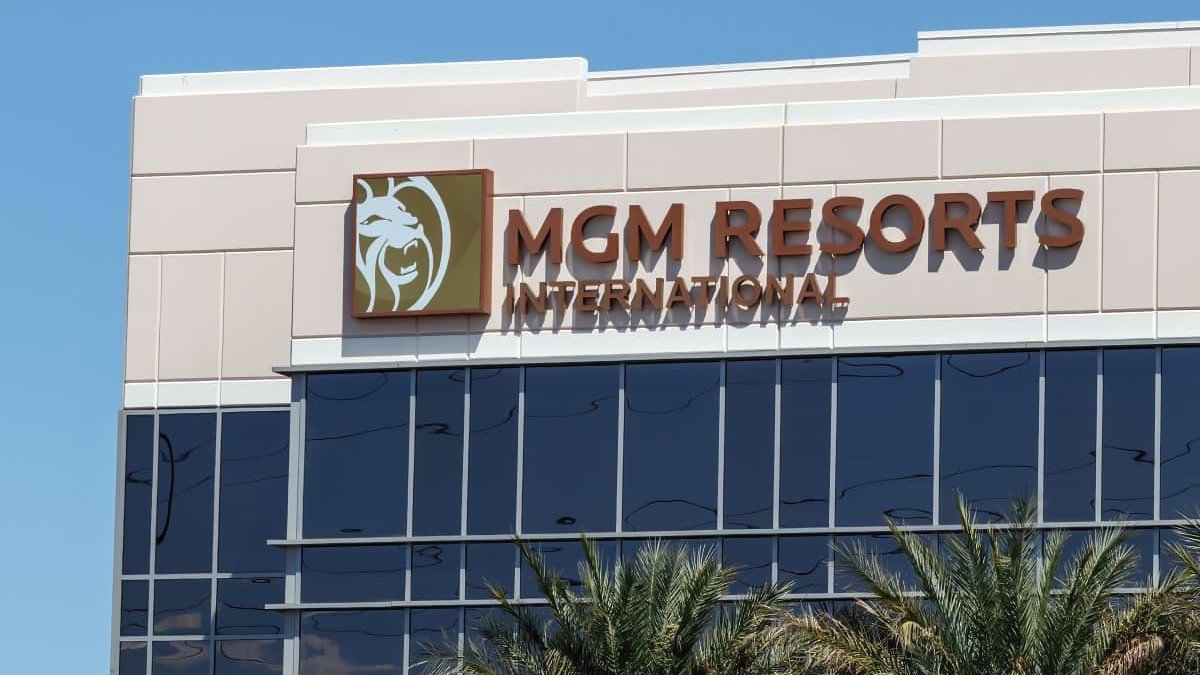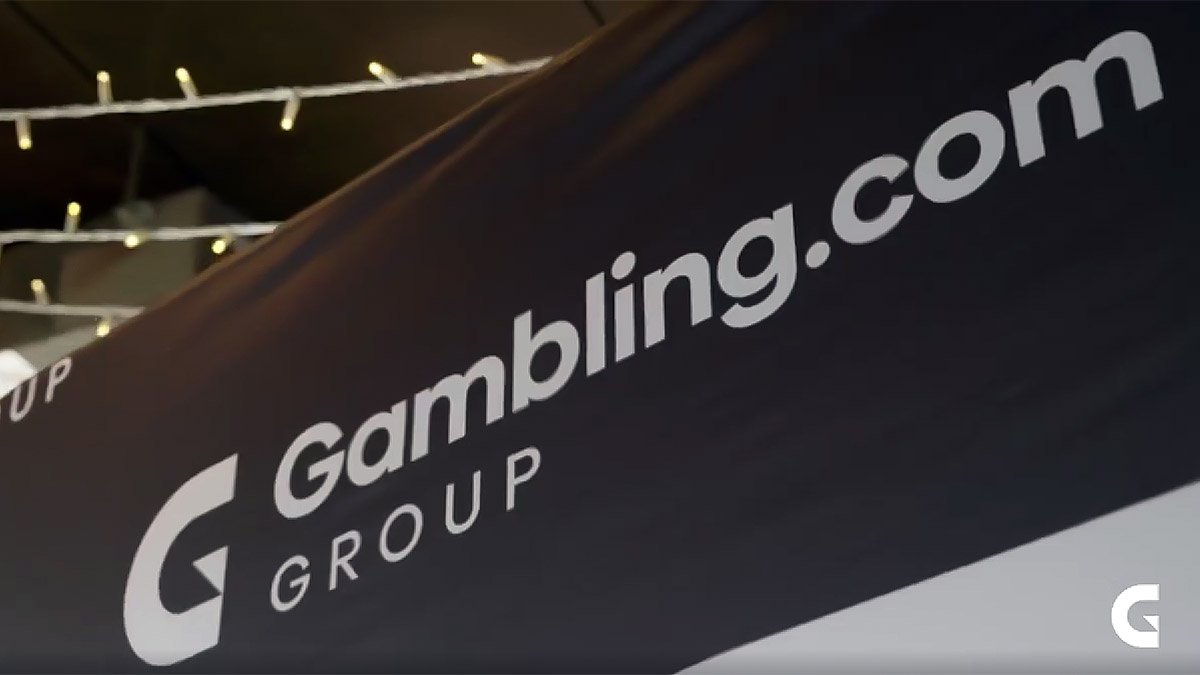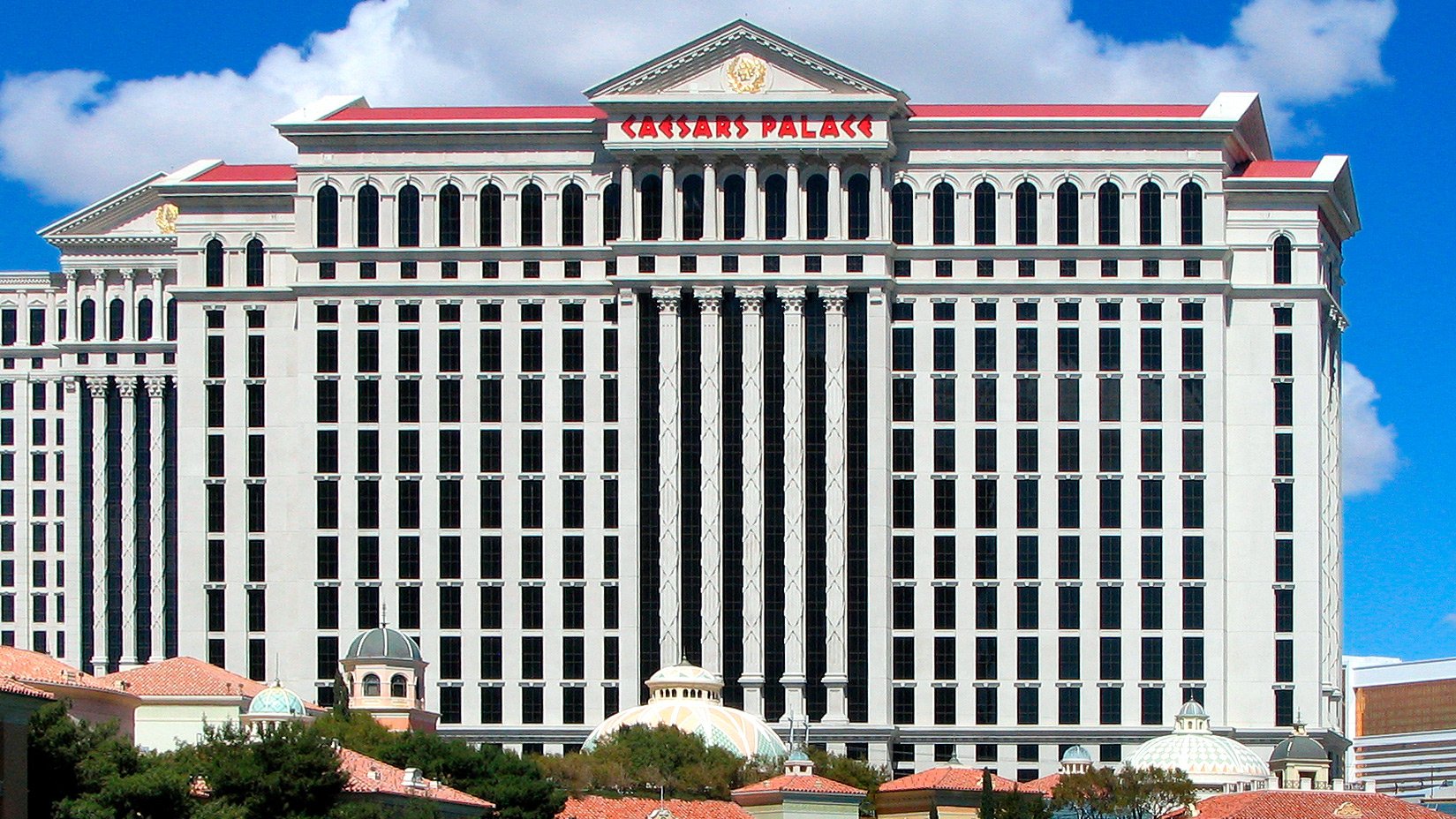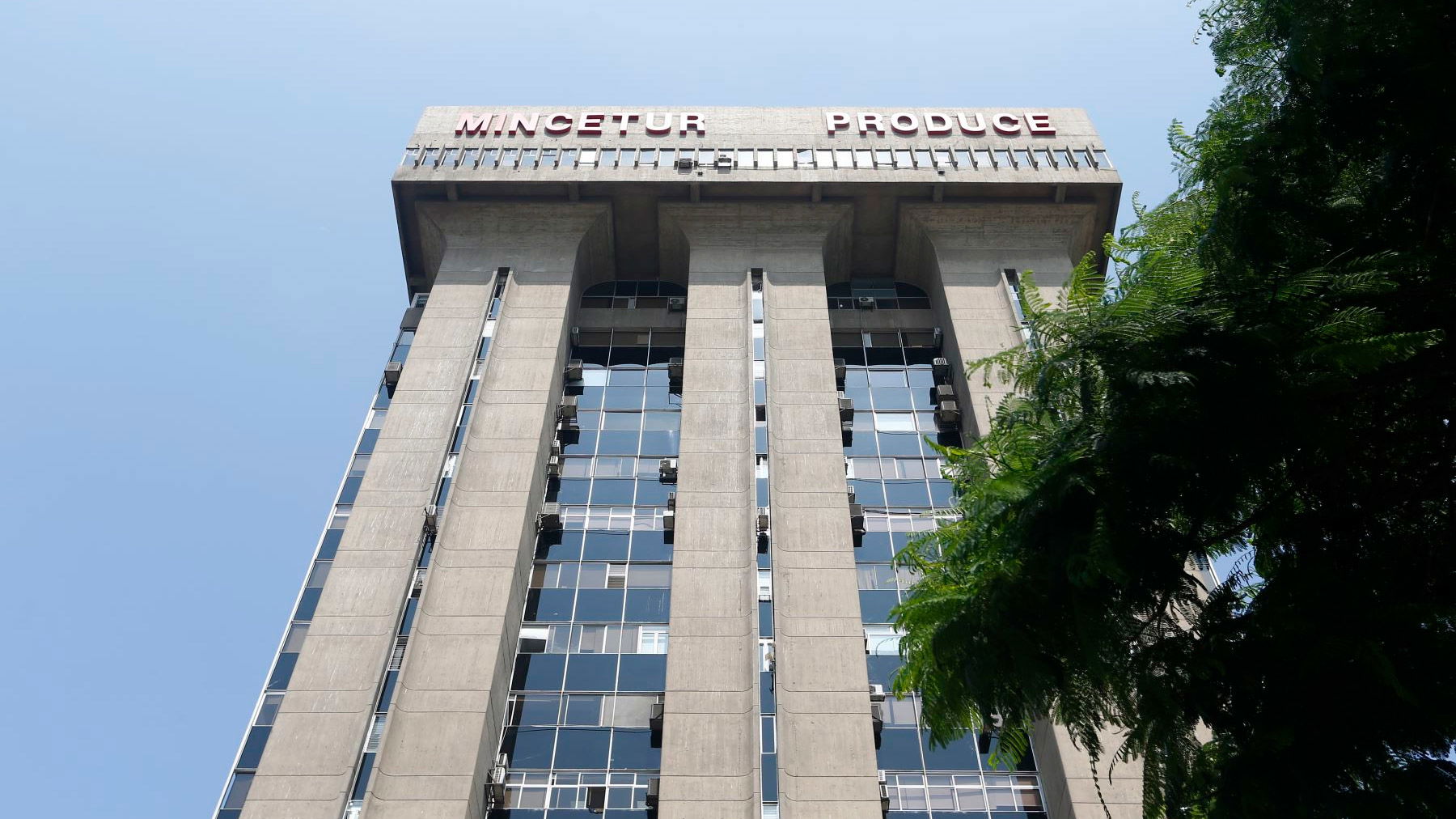Virginia Senate bill sets tax rates above gaming study’s recommendation

A Virginia Senate bill proposing some of the nation’s highest tax rates on casino gaming revenues runs counter to a state gaming study’s recommendations for smaller markets including Bristol.
Senate Bill 36, which would allow casinos by referendum in five cities — Bristol, Danville, Norfolk, Portsmouth and Richmond — proposes taxing privately owned casinos at rates of 27% on the first $150 million in net revenues, 31% on the second $150 million, and 40% on revenues above $300 million.
Five of 24 states with operating casinos tax at a rate of 40% or higher, according to a November 2019 gaming study prepared by the Joint Legislative Audit and Review Commission (JLARC). Proponents of the Senate bill claim the higher rates would generate an additional $90 million for state coffers, as compared to the House version. The House bill proposes a two-tier system based on the level of investment in the casino, with tax rates ranging from 15% to 28%. Both bills require a minimum investment of $250 million in any casino but, in the House version, operators who invest more than $350 million pay those rates but on adjusted amounts, The Bristol Herald Courier reports.
Differences in House and Senate bills to legalize casinos by referendum may not be resolved until the final days of the current legislative session that adjourns March 7, local Virginia lawmakers said Thursday. House Bill 4 and Senate Bill 36 advanced out of each respective chamber last week and will now go through the other chamber’s legislative committees. But resolving stark differences in proposed gaming tax rates and other issues may take until March, according to state Del. Terry Kilgore, R-Gate City.
Sen. Todd Pillion, R-Abingdon, said last week the Senate rates were “too high” and he predicted there will be a compromise. The JLARC report found 27% was the national median tax rate among all states with casinos. It shows six states — Nevada, New Jersey, Mississippi, Colorado, South Dakota and Oklahoma — charge less than 20%. Eight states tax casinos at rates between 23% and 27%, five states charge between 33% and 39% and five states — Maine, New York, Pennsylvania, West Virginia and Rhode Island — charge between 40% and 50% on gaming revenues. Some states charge different rates on revenues from slot machines versus table games.
The study warns that excessive taxation could limit investments and harm profitability. “To decide on a tax rate and structure, states must determine the tax rate casino locations can support. Profitable casinos are more likely to add to the size and amenities of the casino development, which will have positive economic impacts,” according to the JLARC report.
“Casinos in larger markets can be profitable with a higher tax rate because, despite paying more in taxes, the size of the market helps ensure the casino will draw a larger volume of customers and spending. This is not the case in smaller markets that have lower potential casino revenue, so these casinos are more likely to require lower tax rates to be profitable and to invest in the size and amenities of the property. Incentivizing larger developments can be more important in smaller markets because casinos can have a larger impact relative to the size of the local economy,” according to the report.
The Innovation Group, the gaming research firm that provided much of the data for the JLARC report, examined the relative impact of three possible rates — 12%, 27% and 40% — and found Bristol and Danville would be the most sensitive markets to tax rates.
“A low tax rate would enable the development of sizable hotel and amenity programs needed to maximize the capture of gamers from longer-distant feeder markets in north-central North Carolina and Knoxville, Tennessee,” according to The Innovation Group report. “In the 40% tax scenario, the lower EBITDA [earnings before interest, taxes, depreciation and amortization] potential relative to capital costs results in thin cash-on-cash returns, even with hotel and amenities scaled back substantially, in the case of Bristol to well below $200 million.”
Developers of the Bristol Hard Rock Resort and Casino planned for the Bristol Mall expect to invest about $400 million. “Cash-on-cash return for Bristol and Danville is within or close to the range of current expectations at the 12% and 27% tax rates, but the return would fall below 15% with a 40% tax. In all scenarios, however, the net present value of the project is positive,” according to the TIG report.
“The higher tax rates in the Senate bill certainly would have a negative impact on the projects in all five cities, including Bristol and the four others,” according to a statement from the Bristol group. “We are hoping that the final legislation will have tax rates comparable to those in the House bill.”
The JLARC study urged the tax rate should balance fiscal impact for the state with economic impact for the localities. It said all five casinos were projected to be “viable” at the 27% tax rate but noted Bristol is the smallest market being considered.
The Pamunkey Indian tribe, which is working to establish casinos in Norfolk and Richmond, also dislikes the higher tax rate. “Higher tax rates act as a disincentive to invest. Generally, the lower the tax rate, the more money that casino operators can invest back into the project — creating more jobs, higher wages and higher quality facilities,” according to Jay Smith, spokesman for the Pamunkey tribe. “High tax rates also favor international casino operators who are more able to operate on thin margins because they are seeking a safe haven in dollars. That model, unfortunately, works against an operator like the Pamunkey tribe, so we are looking at those tax rates and are hopeful that economic development and investment will be encouraged and a lower tax rate is what the Commonwealth ultimately adopts.”
The House of Delegates referred Senate bill 36 to its General Laws Committee while senators referred House bill 4 to its General Laws and Technology Committee.



